Classical music has been made by countless brilliant composers throughout history. Among those great composers are a few who faced the extraordinary challenge of deafness.

© National Institutes of Health
Today we’re exploring the lives of four exceptional composers who, despite the challenges presented by their deafness, left an indelible mark on the world of classical music.
Ludwig van Beethoven
The most famous composer who dealt with deafness is Ludwig van Beethoven.
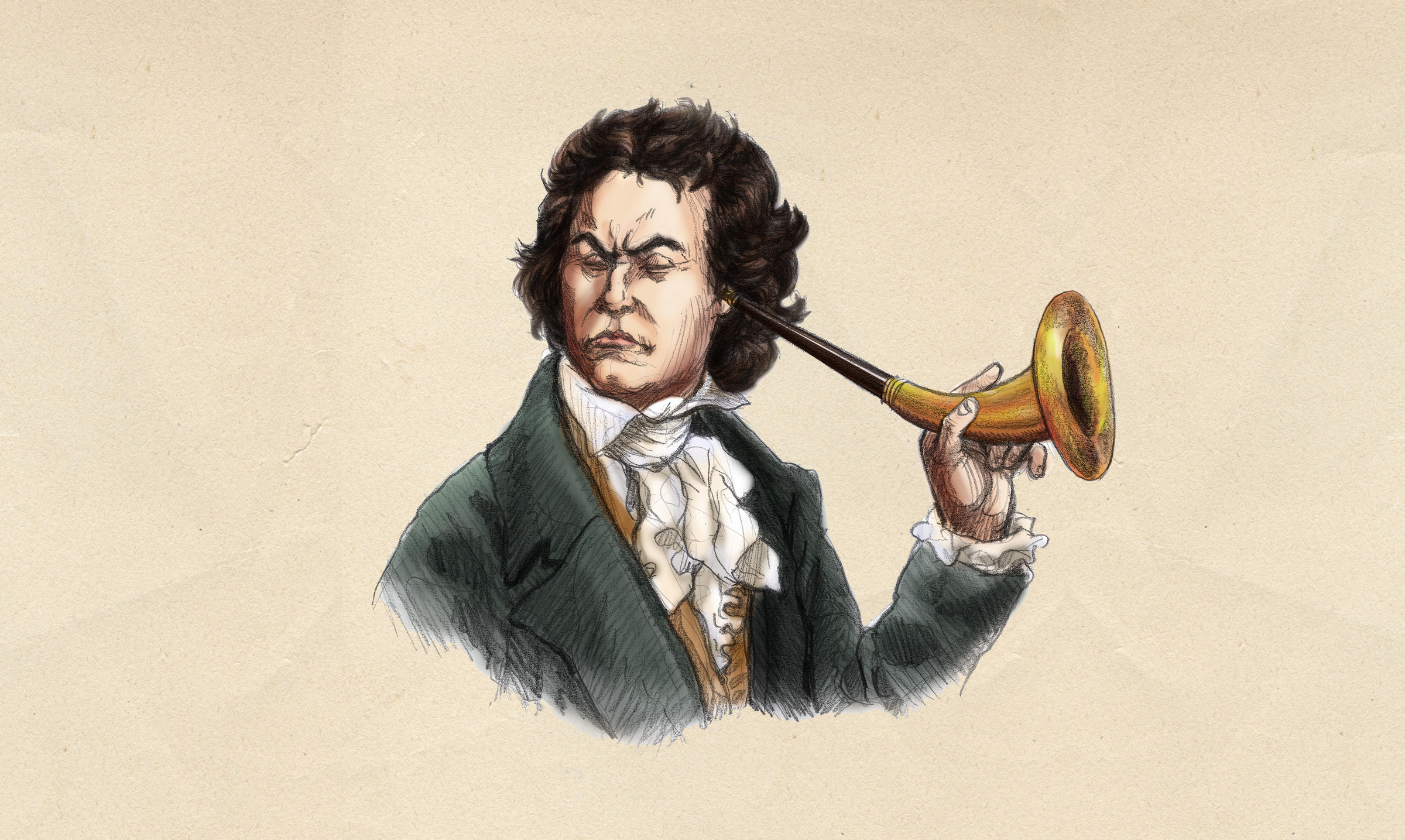
Beethoven with the ear trumpet © historydaily.org
Beethoven began composing music as a child prodigy. He started noticing symptoms of hearing loss in his late twenties. By the time he hit his early forties, he was almost completely deaf.
Despite this, he continued composing, using his inner ear and understanding of music theory.
Beethoven’s deafness was not a peaceful progression into silence. It initially began with an increased sensitivity to sound and the unbearable buzz of tinnitus. These symptoms quickly grew akin to torture.
Understandably, at the same time, Beethoven wrestled with rapidly deteriorating mental health. He was terrified that his hearing difficulties would impact his career, not only as a composer, but as a pianist and a conductor.
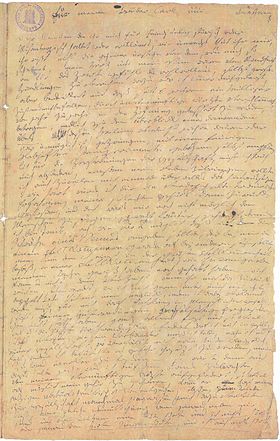
“The Heiligenstadt Testament”
A breaking point occurred in 1802, when Beethoven was 32 years old. He spent that summer in the town of Heiligenstadt, just outside the city limits of Vienna. While there he wrote a long letter to his loved ones that became known as the Heiligenstadt Testament. This letter explains his health troubles in detail, and reveals that he contemplated suicide to escape the cacophony.
Instead, Beethoven vowed to continue composing. He went on to write the most consequential music of his career, changing the course of music history forever.
Beethoven Piano Concerto No 3 │Wiener Philharmoniker, Bernstein 1989
Gabriel Fauré
In 1905, composer and organist Gabriel Fauré was named to one of the most prestigious musical posts in France: director of the Paris Conservatoire.
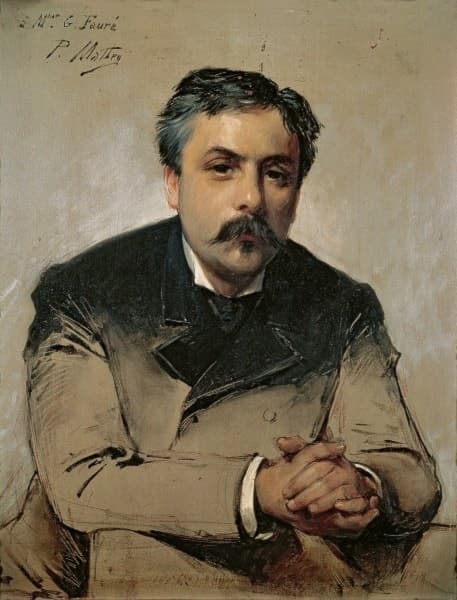
Gabriel Fauré by Paul Mathey
This celebrated music school was a central hub of French culture, and boasted alumni like Berlioz, Bizet, Debussy, Ravel, and other stars of French music.
Fauré ascended to this position with a dark secret. He was starting to lose his hearing. His specific symptoms were especially awful for a composer: he was hearing low notes pitched a third too low, and high notes pitched a third too high, making everything he heard seem out of tune.
“I’m knocked sideways by this disease which has attacked the very part of me I needed to keep intact,” he wrote in a letter to his wife. He disliked the obvious comparisons to Beethoven: “It’s disrespectful, or at least ill-judged, to compare myself with Beethoven…” That said, he was clearly frustrated by his symptoms: “There are passages of music and isolated timbres which I simply can’t hear at all!”
In 1920, his deafness, coupled with his overall declining health, resulted in his departure from the Conservatoire.
Despite his deafness, he continued composing, writing works like his piano trio in D-minor (1922-23) and string quartet in E-minor (1924).
ATOS Trio: Fauré – Trio in d-minor, op 120 (1923)
The Ebène Quartet plays Fauré quartet e-minor
In 1922, he attended a benefit concert in his honor at the Sorbonne. He was unable to hear the enthusiastic standing ovation that he received there.
Gabriel Fauré died in November 1924.
Ralph Vaughan Williams
Composer Ralph Vaughan Williams was in his early forties when he volunteered to serve in WWI.
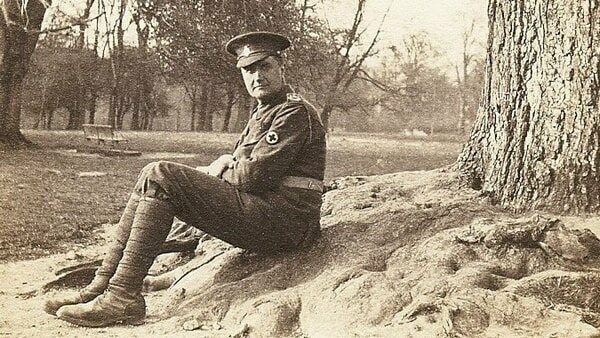
Ralph Vaughan Williams
He drove ambulances recovering the wounded and the dead from the battlefield until 1917, when he was commissioned as a lieutenant in the Royal Artillery.
Beginning in March 1918, he saw action in France. During this time, his responsibilities included overseeing the operations of large guns firing at enemy lines.
The unimaginable, perpetual roaring of weaponry at the front permanently damaged his hearing.
After the war, Vaughan Williams used a collection of hearing aids to help him function. He had trouble enjoying performances by larger ensembles like orchestras, but he continued attending live performances for the rest of his life.
The trauma and injury he experienced as a result of the war stuck with Vaughan Williams in an indelible way. His 1922 Pastoral Symphony, in an ironic twist, represented the “desolation” of the battlefield.
By the time Vaughan Williams died in 1958, he was completely deaf: a lifelong reminder of the toll of the “war to end all wars.”
Vaµghan-Williams – A Pastoral Symphony, (Symphony No. 3) – Orlando Cela, conductor
Bedřich Smetana
Composer Bedřich Smetana was born in 1824. Over the course of his career he became one of the leading proponents of nationalism in Czech music.
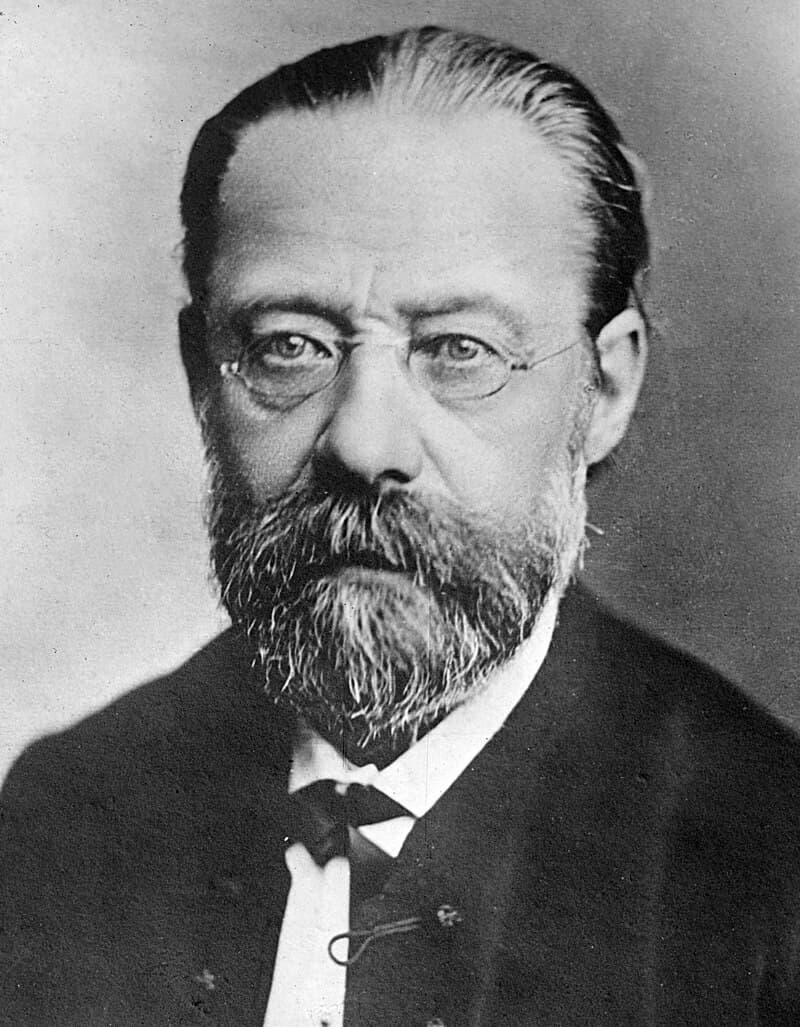
Bedřich Smetana
The downside of tying his career to nationalism and politics was that he made powerful enemies. After his appointment at the Provisional Theater in Prague, there was much grumbling from anti-Smetana factions. Controversy dogged the initial production of his opera The Two Widows, in the spring of 1874.
That summer, Smetana came down with a throat infection and ear blockage. Publicly he blamed his illness on “nervous strain caused by certain people recently.” He lost hearing in his right ear in September, and in his left ear in October.
While Smetana survived the ordeal, his deafness did not improve. He ended up writing his most famous work – Vltava, also known as The Moldau – while deaf, between 20 November and 8 December 1874.
Smetana: Vltava (The Moldau)
Smetana died in an asylum in 1884.
For more of the best in classical music, sign up for our E-Newsletter

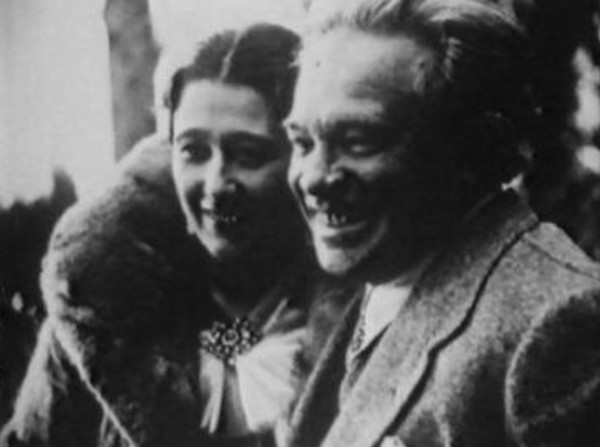
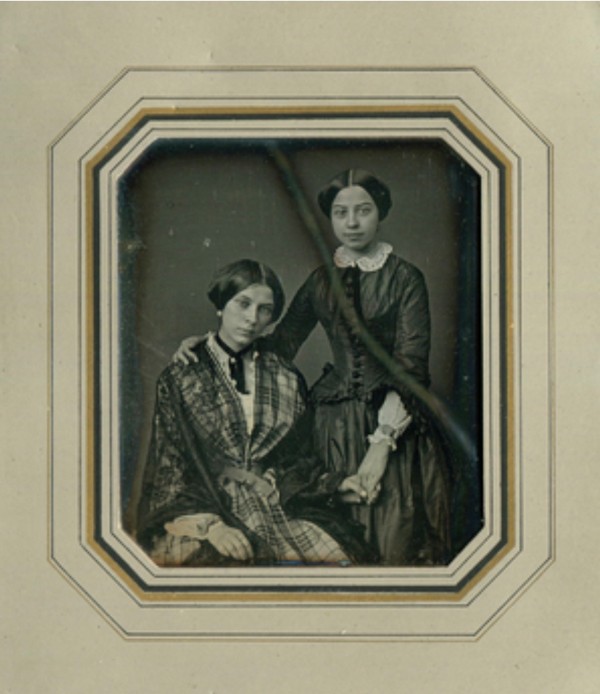
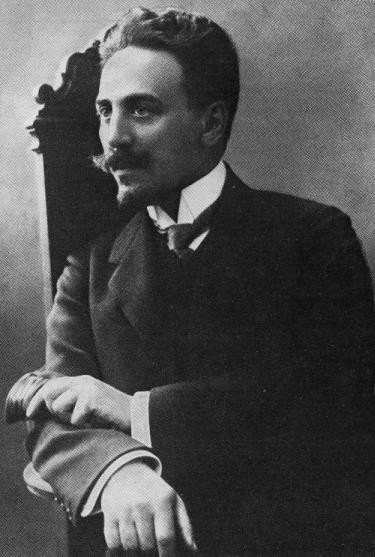
As a classical musician, I cherish all of these wonderful masters. I marvel at how they kept creating such outstanding works in such trials! Bravo to all as the world lights up because of their work❤️
Such great music composed by men who couldn’t hear their own works — wonderful but also tragic. Smetana dying in an asylum. So terrible.
Very interesting, thank you. It’s worth adding the English composer Dame Ethel Smyth (1858-1944) to the list – known particularly for fine operas such as The Wreckers, and The Boatswain’s Mate. She went completely deaf by the end of her life.